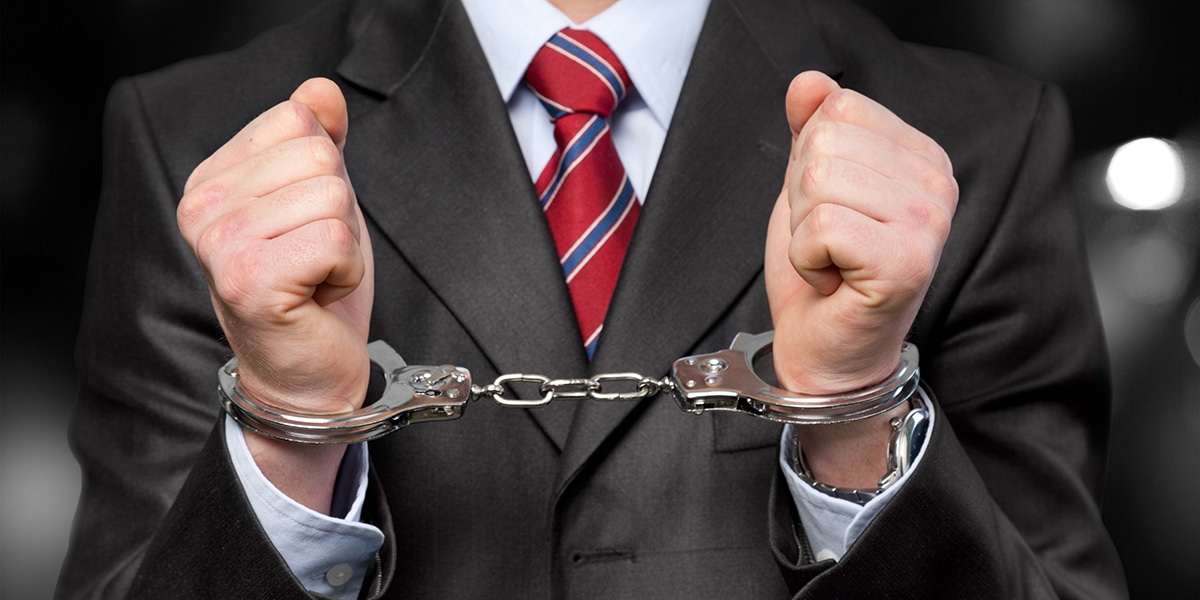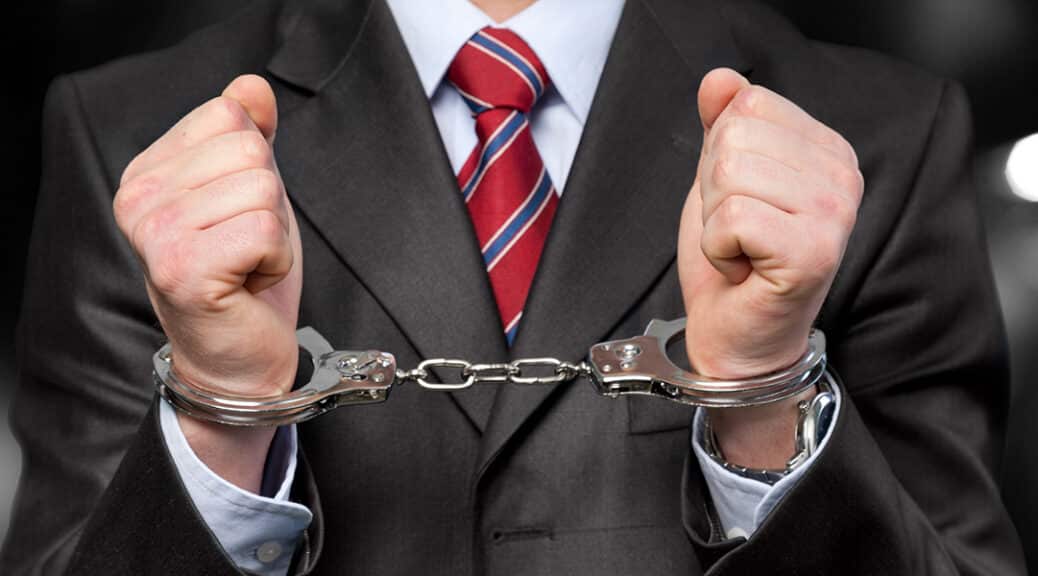Wrongful incarceration goes by many names: unlawful imprisonment and false imprisonment among them. While it often refers to one unauthorized citizen restricting another citizen under false pretenses, it also occurs within the criminal justice system. If a court or jury convicts you of a crime you did not commit and you go to jail, that is wrongful incarceration.
Whether the wrongful conviction applies to you or a loved one, you need an attorney to manage the case. Wrongful incarceration carries extreme consequences and requires immediate action to fight it. Contact Aiello, Harris, Abate at (908) 561-5577 for a free consultation with criminal defense lawyer in New Jersey. Continue reading to learn about what to do in the event of wrongful incarceration.
What Is Wrongful Incarceration?
Wrongful incarceration occurs when a court convicts you of a crime you didn’t commit. While our legal system is based on the principle “innocent until proven guilty,” the criminal justice system is not perfect, and it is possible for evidence or testimony to lead a judge or jury to return a “guilty” verdict, even if you were not involved in the crime.
Once you receive the verdict, you will then serve the sentence, which may include jail time. Wrongful incarceration specifically applies to cases where you receive a conviction for a crime you had nothing to do with. Consequently, you serve that sentence in place of the actual perpetrator.
Wrongful incarceration carries heavy consequences for victims. You spend time in prison, which impacts mental health, and you have a mark on your record until you are otherwise proven innocent.
After a guilty verdict, finding a way to prove your innocence takes time to file appeals and comb through legal documents. The New Jersey Appellate Division of the Superior Court hears many challenges to prior convictions, which can take years to sort through. You will need an experienced criminal defense attorney to guide you through the process.
How Does Wrongful Incarceration Happen?
Wrongful incarceration occurs for several reasons, most of them having to do with an overrun criminal justice system. Some factors that cause wrongful incarceration include:
Unreliable Witness Testimony
Unreliable testimonies from witnesses occur frequently. If the witness watched the events occur from a distance, they might miss out on certain details. Their memories can also misconstrue what they saw. If a witness with an otherwise accurate testimony wrongly identifies you as the perpetrator, they can convince a judge or jury of your guilt.
Official Misconduct
Official misconduct refers to a circumstance where a public servant didn’t perform his or her duties according to lawful protocol. Anyone from city police officers to federal government officials can commit official misconduct. Sometimes, an investigator wants an easy open-and-shut case. To achieve this, they may use you as their primary suspect.
False Confessions
False confessions occur when you incriminate yourself of charges for which you’re not responsible. Sometimes, this happens because investigators assume your guilt and conduct interrogations based on that assumption. Police may also use coercion or intimidation to force your false confession.
Inaccurate Forensic Investigations
Inaccuracies in forensic evidence also cause wrongful accusations and subsequent incarceration. Contaminated DNA tests, lack of substantial forensic testing, and mistakes from evidence handlers all factor into flawed forensic evidence. It can take years to appeal any evidence used in a court of law once it’s admitted and used for a verdict.
What to Do If You’re Wrongfully Incarcerated
If police arrest you or someone you know based on wrongful accusations, exercise your rights throughout the entire arrest and interrogation process:
- Remain calm, silent, and cooperative within reason.
- Do not answer any questions to avoid accidental self-incrimination or a false confession.
- Only speak to police officers with your designated attorney present.
- Immediately exercise your right to an attorney by seeking legal services that suit your case.
Murder lawyers often have relevant knowledge and experience in cases of wrongful incarceration. Choosing a criminal defense lawyer can also help you navigate any evidence against you, such as false testimony or botched forensics.
Hire a Criminal Defense Attorney for Your Case
Wrongful convictions and wrongful incarceration carry heavy consequences, including up to a decade of unwarranted jail time. Once you’re in the legal system, finding your way out can feel impossible. With a criminal defense attorney on your side, you can navigate the legal system, seek to prove your innocence, and possibly pursue an award of compensation for the wrongful conviction and incarceration.
Call (908) 561-5577 to schedule a free attorney consultation with our Aiello, Harris, Abate legal team.
















